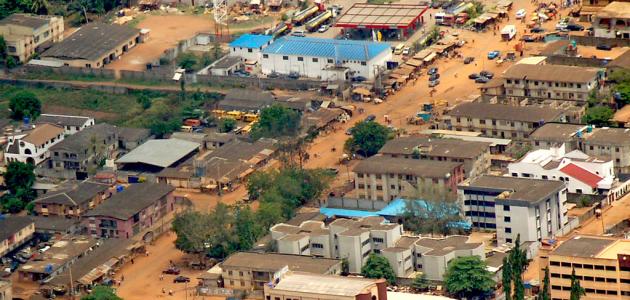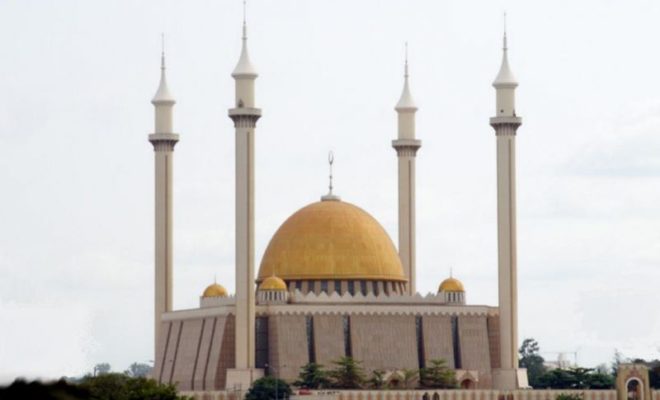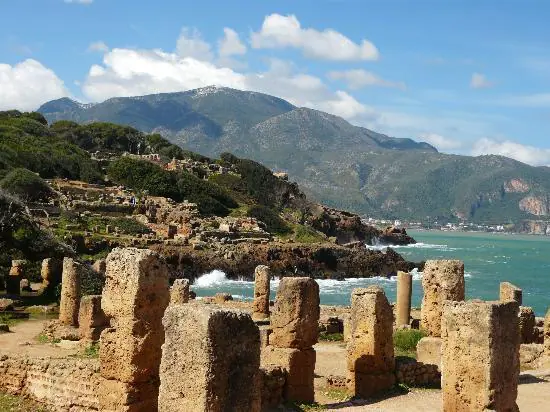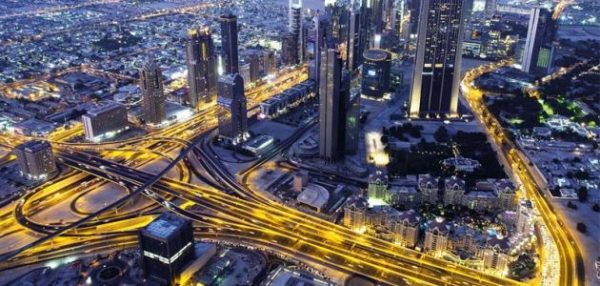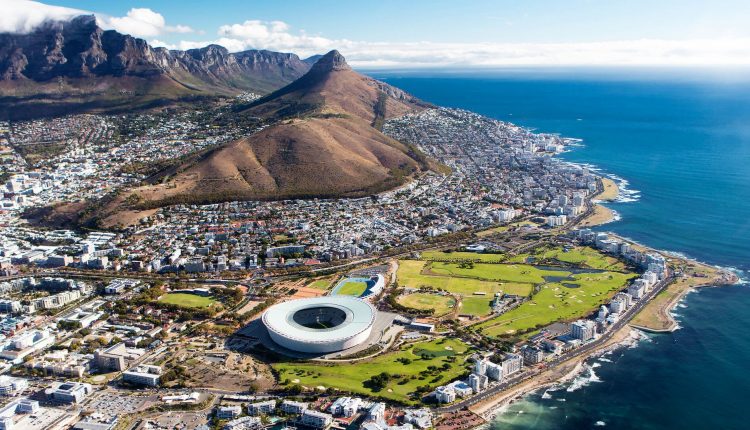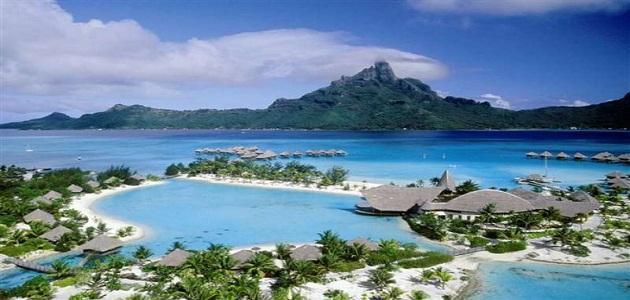The most important information about Nigeria
Nigeria has a population of 190 million, according to the 2017 census.
It has many important resources such as oil.
Its official currency is the naira.
It is bordered by Chad and Cameroon to the west, Niger to the north, and the Gulf of Guinea to the south.
Abuja has been the official capital since 1991.
Nigeria is named after the Niger River.
He crosses the country and called it at the end of the nineteenth century the name "Flora", the wife of Baron Lugard.
It was colonized by Britain in the nineteenth century and at the beginning of the twentieth century
But Nigeria achieved its independence after that in 1902 AD.
A civil war broke out in Nigeria, in which the Biafra region tried to gain its independence.
The area of Nigeria reaches 923,768 km2 and was divided into parts, which are the Scoto Plains, located in northwestern Nigeria.
It is characterized by the presence of several rivers in it, as it is submerged by flood waters
It works to precipitate the soil and add to its fertility, so farmers grow many crops in it
But in some cases crops and homes are destroyed by floods.
Read also:The most beautiful tourist areas in the state of Jijel, AlgeriaThe Chad Basin is located in eastern Nigeria and in the southwest of Lake Chad, dotted with rectangular sand dunes.
Location on the map in Google Maps
Northern plain
The northern high plains of Nigeria cover about 20% of the area of Nigeria
Its height reaches about 762 meters above sea level, and it is one of the most important sources of the Congola, Kunda, and Sukoto rivers.
It is characterized by the abundance of waterfalls, rivers and landscapes.
The Joss plateau is located in its center and is distinguished by its steep elevation from the neighboring plains
It rises about 1500 meters above sea level, and cows are raised there, where the grasslands are.
It is famous for having many tin mines.
The gross domestic product for the year 2012 is 455.5 billion dollars.
The largest cities in terms of population are Lagos, Ibadan, Kaudna and Benin.
The Islamic religion constitutes 50% of the population, Christianity 40%, and other religions 10%.
English is the official language in Nigeria.
There are many ethnicities in Nigeria, with more than 250 ethnicities, and they are Hausa and Fulani 29%
Yoruba 21%, Igbo 18%, Igo 10%, Kanuri 4%, Ibaibo 3.5% and Tif 2.5%.
Read also:Get to know the stone city in Zanzibar as a touristIt is officially known as the Federal Republic of Nigeria.
Lagos was the former capital of the country.
It ranks first in Africa
In terms of population, it is the seventh in the world.
It is administratively divided into 37 states, in addition to the Federal Capital Territory, “Ayuga”.
The western highlands range from 300-610 meters above sea level.
The basin of the Niger River “Benyu” takes the form of an arc and extends from eastern Nigeria to its west, as it is dotted with palm trees and herbs.
The Eastern Highlands are found in eastern Nigeria and consist of plateaus, rocky hills and mountains
And the summit of Dimlang, which reaches a height of 2042 meters above sea level, is the highest peak in Nigeria.
The Niger Delta is located in the south and consists of deposits of mud, clay and sand.
There are 521 languages in Nigeria
Ethnic groups prefer to speak their own language but English is a general language spoken by all.
Working days and hours differ in northern Nigeria from the south, and Muslims abound in northern Nigeria
And they do not work on Friday, and the matter is different in the south.
Read also:The most important tourist attractions in AlgeriaIt is the sixth largest oil producing country, and this is one of the most important information about Nigeria.
Extended families are the foundation of Nigeria's social system and are guided by hierarchy and seniority.
In Nigeria, it is believed that age bestows wisdom, and so you find them giving the elderly all respect.
A handshake is a common greeting in Nigeria, and men can place their left hand on the other's shoulder as an expression of friendliness and welcome.
The Nigerian should wait for the woman to extend her hand first to shake hands.
Nigerian people exchange gifts on occasions.
Some tribes in Nigeria communicate with songs and proverbs, while those in the south tend to speak directly.
